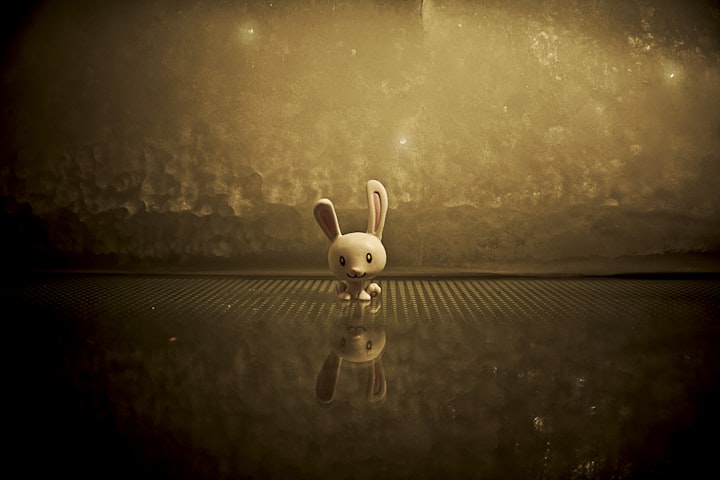Why Bajorans from 'Star Trek' Are the Feminists We Need
Where Struggle Has Erased Gender Roles

While most people don't think of Major Kira when they think of feminism, I honestly think she should be one of the first examples. It's almost as if her brand of feminism is too quiet, too earned, too perfect. Her lack of struggles in this area make it seem like maybe her society is just the same as every other. With the deeply problematic history of Star Trek, in terms of the sexualization of women and even their mistreatment in some scenes, it also isn't surprising that Star Trek is not the first place that people look for feminist messages. So, why do I make this argument? Well, read on to find out more.

Pagh Distribution
In many societies where there is something such as mana, spirit, or any other form of measurable power, that power is strictly segregated by gender, with a small number of people from the "lesser" gender having "surprising" amounts of this particular thing. However, that isn't the case on Bajor, where Pagh, the spiritual energy of the people, is found in varying levels throughout many different people. Kira is often noted as having extremely high Pagh, but so do people like commander Sisko, who isn't even Bajoran. This shows that there isn't a gender segregation for this power, which has not led to the society viewing one gender as lesser in any way.

The Kaiship
The Kai—the highest level of religious distinction, and in all honesty the biggest civil one as well—has gone multiple times to women. If you look at the games and other media, Kira herself even goes on to become Kai as well. There is no barrier in place to make it so that Bajoran women can't seek and attain the highest office of their people. Even their religious groups see women as worthy, and plots to subvert the Kaiship actually end up working in favor of women on more than one occasion.

Freedom Fighters
Most of the freedom fighters that we see on the show are split pretty evenly between men and women. What's more: Many of the higher level members are women. The former Kai was even important enough to know the location of the base that she gave away. There is no argument over sending Kira on missions that might be seen as too dangerous, and no quibbling over her commanding groups. She is, instead, seen as an exact equal.

Clothing Styles
The way that most Bajorans dress shows that women are comfortable in trousers, that ornate decorations can be worn by members of any sex, and that clothing is cut with utility in mind more than anything else. Clothing can seemingly be swapped between members of the group at random. Clothing for offices, businesses, and the like doesn't change based on gender or sex. In addition, men are seen wearing large numbers of different colors that are traditionally seen as feminine.

Military Ranks
Perhaps most telling, however, is the number of women who have high-level ranks in the Bajoran military. The first Bajorans to enroll in Starfleet, those who work their way up to the top, and even those we see as filler extras, are all women. They are almost always seen as cunning, driven, and incredibly moral, without flaws that might be seen as coming from their sex or gender. Women are in power, comfortable with power, and accepted from all around within Bajoran society.

Non-Forgiving Nature
Perhaps one of the most telling pieces about Bajoran culture when it comes to feminism is the non-forgiving nature of the women in the series. Shown as capable of sacrificing their own children, willing to challenge authority to the death, and bold and brash, these women are not from a society that tells them to be gentle and meek. As a species, they lack the hang-ups that we so often see in different species: the hanging back of one gender, the desire to please, the timid nature, the willingness not to get angry at authority. All of this points to one conclusion: Bajoran woman are not, and have not, been a subjugated people within their own society.
About the Creator
Jessica Riffle
33, First Nation's in diaspora from home. Mother of cats. Prone to random relocation and mood changes.Business inquiries; [email protected]






Comments
There are no comments for this story
Be the first to respond and start the conversation.